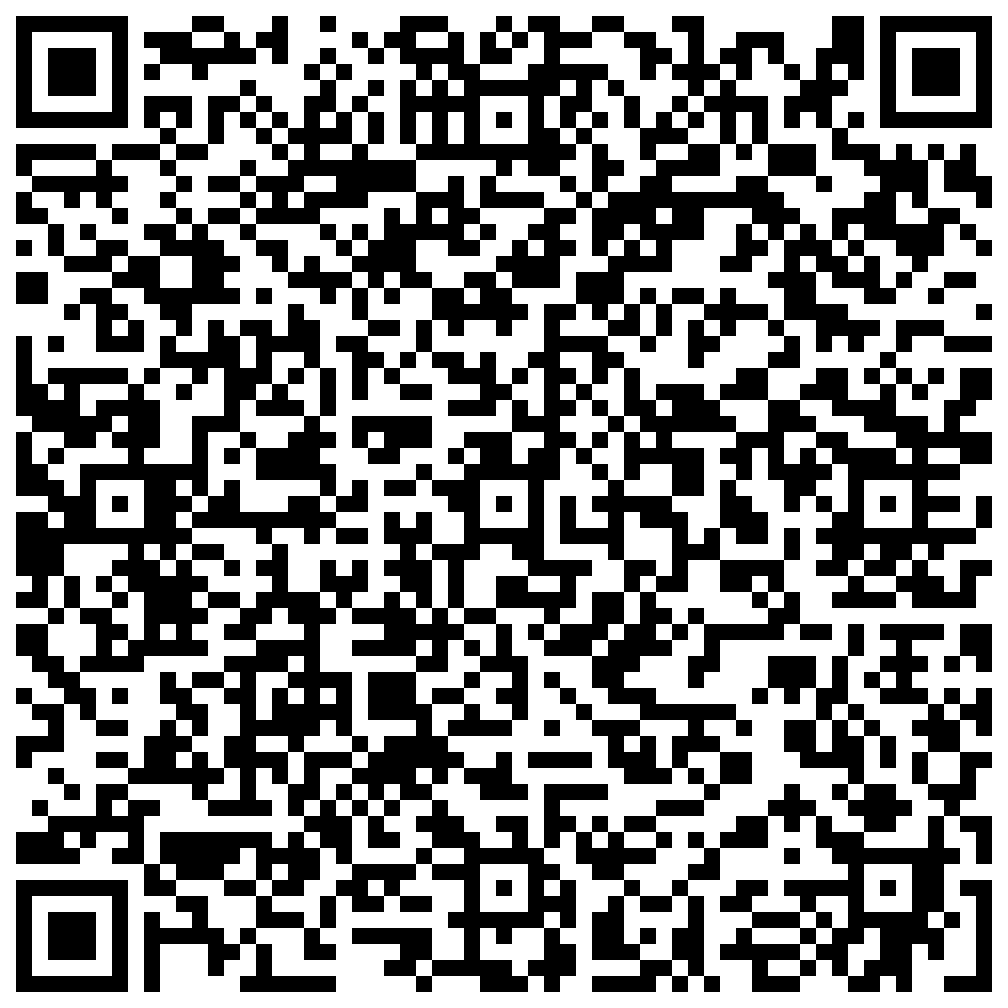The effectiveness of e-learning among students with special needs in light of the Corona pandemic from the point of view of their families in Jordan
DOI:
https://doi.org/10.25255/jss.2022.11.3.82.92Kata Kunci:
E-learning, students with special needs, Corona pandemic, JordanAbstrak
The spread of the Corona pandemic has led to the emergence of many challenges and needs, including the need to provide educational services electronically. The students with special needs are considered a sensitive group to any changes in the educational process, this study aimed to evaluate the effectiveness of e-learning among students with special hearing needs during the Corona pandemic from the point of view of their parents in Aqaba Governorate, south of Jordan. The researcher analyzed the responses of (35) families of students with special hearing needs to the questionnaire prepared in advance to achieve the goal of this study. The results concluded that there is an average level of effectiveness of e-learning among students with special needs from the point of view of their parents, and that there is a strong statistical relationship for the level of effectiveness according to the age variable of students with special needs from the point of view of their parents.
Unduhan
Referensi
Al-Fraihat, D., Joy, M., Masa’deh, R., & Sinclair, J. (2020). Evaluating e-learning systems success: an empirical study. Computers in Human Behavior, 102, 67-86.
Almajali, D., & Al-Lozi, M. (2016). Determinants of the actual use of e-learning systems: an empirical study on Zarqa university in Jordan. Journal of Social Sciences (COES&RJ-JSS), 5(2), 172-200.
Almajali, D., Masa’deh, R., & Al-Dmour, R. (2015). The role of information technology in motivating students to accept e-learning adoption in universities: a case study in Jordanian universities. Journal of Business & Management (COES&RJ-JBM), 4(1), 36-46.
Alrowwad, A., & Abualoush, S. (2020). Innovation and intellectual capital as intermediary variables among transformational leadership, transactional leadership, and organizational performance. Journal of Management Development, 39(2), 196-222.
Alsadoon, E., & Turkestani, M. (2020). Virtual Classrooms for Hearing-impaired Students during the COVID-19 Pandemic. Romanian Journal for Multidimensional Education/Revista Romaneasca pentru Educatie Multidimensionala, 12.
Angelova, M. (2020). Students’ attitudes to the online university course of management in the context of covid-19. International Journal of Technology in Education and Science (IJTES), 4(4), 283-292.
Appolloni, A., Colasanti, N., Fantauzzi, C., Fiorani, G., & Frondizi, R. (2021). Distance learning as a resilience strategy during Covid-19: an analysis of the Italian context. Sustainability, 13(3), 1388.
Denisova, O. A., Lekhanova, O. L., & Gudina, T. V. (2020). Problems of distance learning for students with disabilities in a pandemic. In SHS Web of Conferences (Vol. 87). EDP Sciences.
Masa’deh, R., Alananzeh, O., Algiatheen, N., Ryati, R., Albayyari, R., & Tarhini, A. (2017). The impact of employee’s perception of implementing green supply chain management on hotel’s economic and operational performance. Journal of Hospitality and Tourism Technology, 8(3), 395-416.
Masa’deh, R., Tarhini, A., Bany Mohammed, A., & Maqableh, M. (2016). Modeling factors affecting student’s usage behaviour of e-learning systems in Lebanon. International Journal of Business and Management, 11(2), 299-312.
Obeidat, B., Tarhini, A., & Aqqad, N. (2019). The relationship among emotional intelligence, conflict management styles, and job performance in Jordanian banks. International Journal of Human Resources Development and Management, 19(3), 225-265.
Organization WHO. Report of the WHO-China joint mission on coronavirus disease 2019 (COVID-19). 2020.
Tarhini, A., Al-Busaidi, K., Maqableh, M., & Mohammed, A.B. (2017). Factors influencing Students' Adoption of e-learning: a structural equation modeling approach. Journal of International Education in Business, 10(2), 164-182.
Tarhini, A., Mohammed, A.B., & Maqableh, M. (2016). Modeling factors affecting student’s usage behaviour of e-learning systems in Lebanon. International Journal of Business and Management, 11(2), 299.
Yazcayir, G., & Gurgur, H. (2021). Students with Special Needs in Digital Classrooms during the COVID-19 Pandemic in Turkey. Pedagogical Research, 6(1).










 a Creative Commons Attribution 4.0 International License.
a Creative Commons Attribution 4.0 International License.

